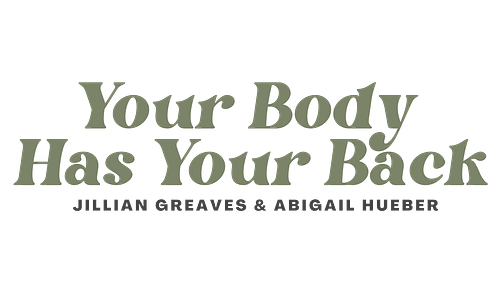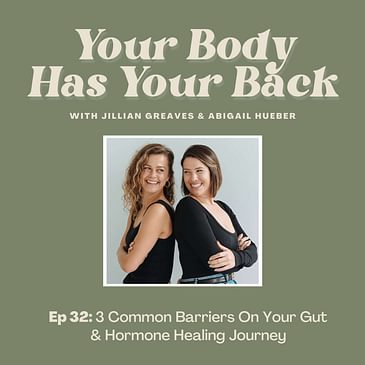In this episode, Abby and Jillian share 3 of the most common barriers they see in practice when it comes to healing gut and hormone symptoms.
They cover why these barriers might be preventing you from seeing progress with your health and symptoms, provide real life examples, and share tips and strategies for how to overcome them.
Join Abby and Jillian to learn how to break down these common barriers, so you can achieve lasting results with your health while also finding balance and joy in life.
Links:
Veri Continuous Glucose Monitor: Code "VSM-YBHYB" for a discount at checkout
Biokult Probiotic: Code "YBHYB20" for a discount at checkout
Jillian:
Jillian Greaves Functional Nutrition & Wellness Website
Eat To Heal Your Hormones Program
Abby:




